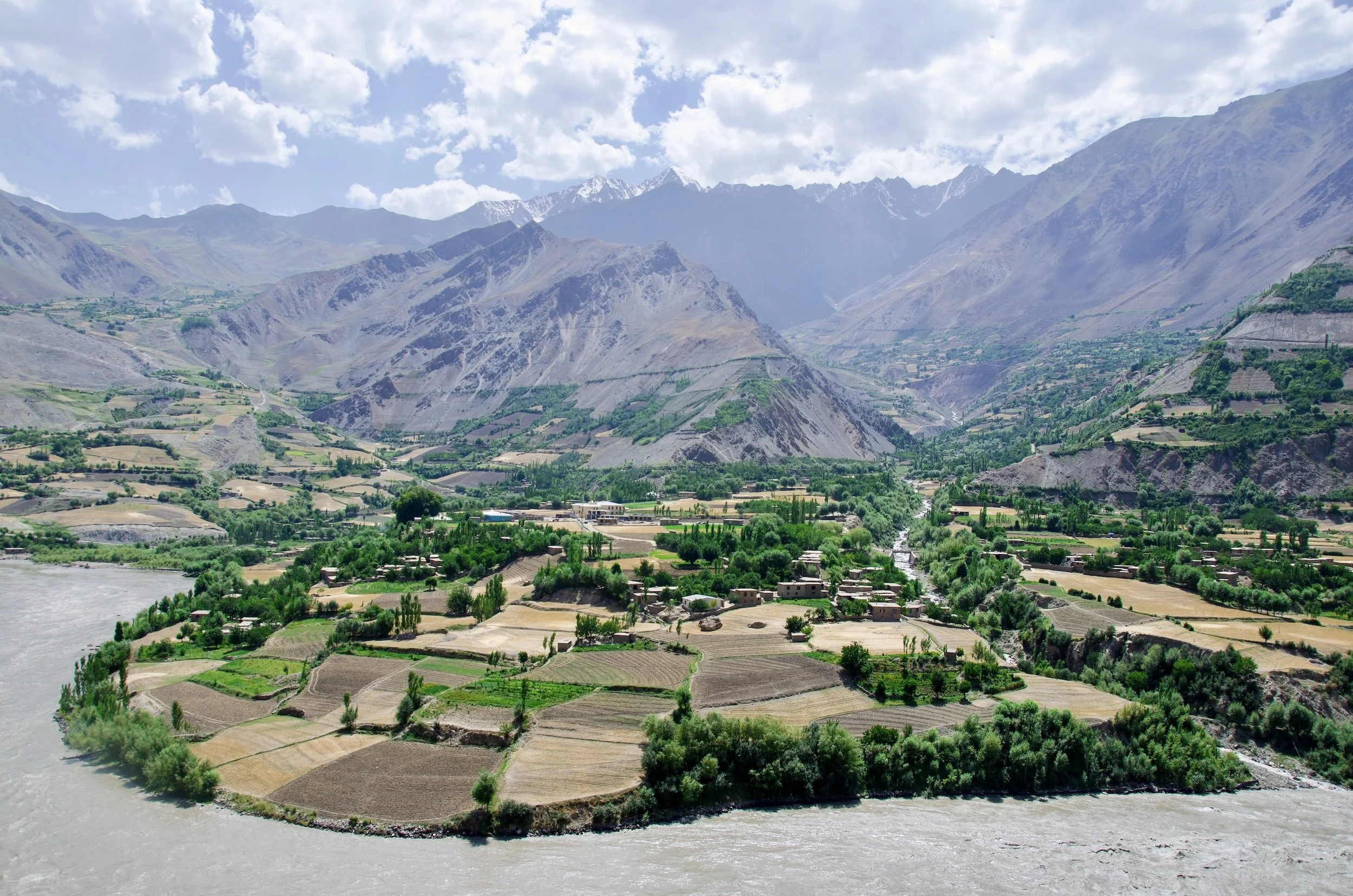VOLUME 7 - 2014-2015 - ISSUE 2
7 Ky. J. Equine, Agric. & Nat. Resources L. 191 (2015).
CAN AFGHANISTAN LIVE UP TO THE EXPECTATIONS OF THE EXTRACTIVE INDUSTRIES TRANSPARENCY INITIATIVE'S EXPECTATIONS AND ACHIEVE COMPLIANT STATUS TO HELP IMPROVE GOOD GOVERNANCE IN ITS NATURAL RESOURCE SECTOR?
Article Written By: Parwiz Esmati
he discovery of an estimated three trillion dollars worth of natural resource deposits in Afghanistan is seen as very promising for the country's economic development. Yet, foreign observers and experts on Afghanistan believe that this discovery may escalate ongoing governance issues. These issues include corrupting governing institutions, empowering warlords to misuse public funds, sabotaging economic development, and stunting the growth of civil society, ultimately resulting in "the resource curse"-an interrelated set of social and economic pathologies that often plague resource-rich countries. As a response to the threat of such consequences, Afghanistan has sought candidacy status under the Extractive Industries Transparency Initiative (EM). The EITI promotes transparency and good governance by requiring companies involved in the extraction of natural resources to publish what they pay and governments to disclose what they receive. This article asserts that Afghanistan can achieve compliant status under EITI, but in order to avoid the resource curse in the process, it must integrate strong civil society controls, show commitment and political will, and deepen legal commitments to transparency. The article begins by comparing Botswana and Nigeria's experiences of discovering natural resources, and it identifies how their successes and failures can be used as a lesson for how to avoid the resource curse in Afghanistan. Next, it explores the challenges Afghanistan will likely face as it attempts to comply with the EITI requirements. Finally, this article concludes that to achieve compliance under the EITI and avoid the resource curse, Afghanistan will have to solidify its legal commitments, strengthen its political will, and monitor implementation of the EITI by maintaining a strong and neutral civil society.

